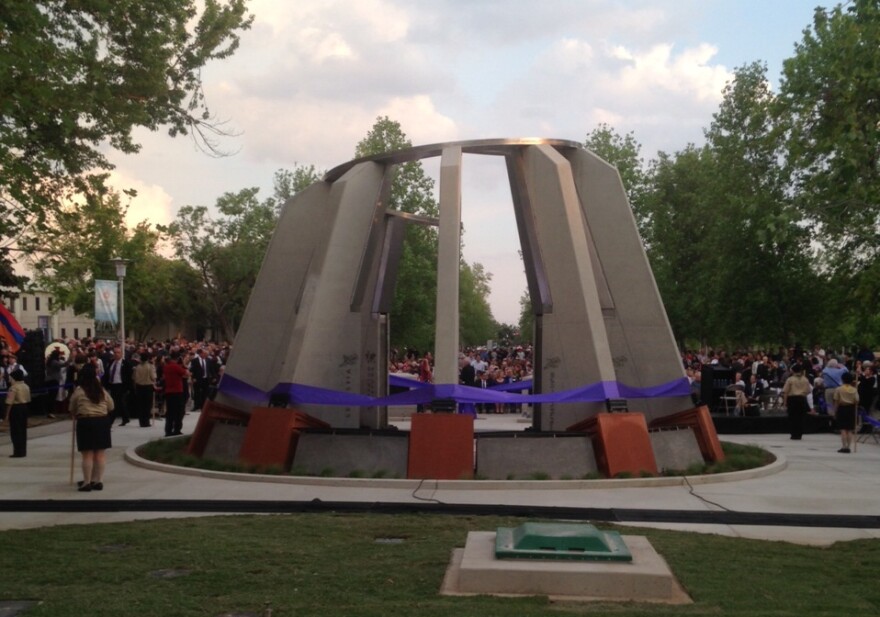The U.S. House of Representatives on Tuesday voted overwhelmingly to recognize the Armenian genocide, marking a first in more than three decades.
It was a “historic day,” says Berj Apkarian, Fresno’s Honorary Consul to the Republic of Armenia. He says the Fresno area’s Armenian community, one of the largest in California outside of Los Angeles, is abuzz with the news out of Washington. “The Armenian nation in the civilized world have been waiting for over 105 years to bring justice to this cause,” he says.
In a 405-to-11 vote, the House agreed to acknowledge the 1915 slaughter of an estimated 1.5 million Armenians as genocide at the hands of the Ottoman Empire in what is present-day Turkey. In the century since, in which Turkey and the U.S. have remained allies, President Ronald Reagan was the only commander in chief to have ever used the word “genocide” in reference to the atrocities against the Armenians. The House passed similar resolutions in 1975 and 1984, but they were never picked up by the Senate.
“Whether it’s through the lens of being a NATO ally, or wanting to achieve stability in the Middle East, it’s always been problematic in terms of official recognition of the genocide,” says Fresno State University Armenian Studies Professor Sergio La Porta, referring to the U.S.’s silence on the issue as a “gag”.
La Porta says the House’s decision this week was clearly political, a reaction to recent violence in Syria at the hands of Turkish troops following President Donald Trump’s removal of U.S. forces in the country. “It would be better if politics could have been put aside, but barring that I’m just happy that it passed,” La Porta says. An official acknowledgement from the U.S. government, he points out, would not only commemorate the genocide and distance the U.S. from attempts to deny that it happened, but it would also encourage education and public awareness of the genocide.
Berj Apkarian agrees. Especially considering economic sanctions the U.S. government also levied against Turkey in the last month. “All these in my humble opinion transform it into a very strong and solid message,” he says. “This is not a symbolic act.”
Whether the rest of the U.S. government will take up the issue remains to be seen. A companion bill in the Senate has yet to build the same momentum that resulted in the passage of the House bill.


